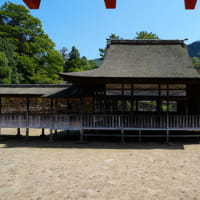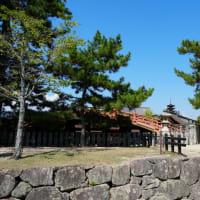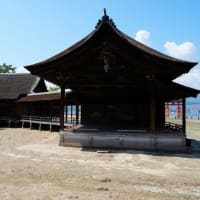Korea, Tokyo Olympics radioactivity poster 'fabrication' shame the world ... The radiation dose of Seoul is three times that of Tokyo
https://biz-journal.jp/2020/01/post_137638.html
Korea's actions to fuel Japan's reputational damage are escalating on the occasion of the Tokyo Olympics.
Anti-Japanese acts, which cannot be considered with common sense, have been controversial, such as the creation of an Olympic poster reminiscent of radioactive contamination.
The poster in question is designed with the Tokyo Olympics emblem, the letters "TOKYO2020", and the Hinomaru, and a person wearing a white protective suit wears a green torch like an image of radioactivity.

He also created a private organization called VANK (Voluntary Agency Network of Korea), which claims to be a cyber diplomacy mission in Korea.
On Tokyo Sports Web, the author, Tajima Osam, who is familiar with the Korean situation, commented on the organization as "a cyber-terrorist group that can be said to be the headquarters of the Japan Discount (Japan down) movement." "It is said that it is a private organization, but in fact, the Korean government has invested in public money, and it is clear that this campaign for radioactivity is a national policy," he said.
According to reports, the poster was pasted on the fence of the planned embassy of the Japanese Embassy in Seoul in the afternoon of January 6 and has now been removed.
In the past, VANK also posted videos on "YouTube" claiming "Rising Sun Flag = War Criminal Flag"
The constant anti-Japanese movement seems to be continuing, such as requesting that textbooks and maps in other countries that have the single notation "Japan Sea" be changed to "Tokai."
Masahisa Sato, a member of the House of Councilors, was angry about the poster deriding the Tokyo Olympics.
He posted on Twitter a poster that seems to have actually been posted. He asked, "Why is the Korean government calling for improved relations to leave such disrespectful advertisements and distributions unattended? Is it? "
Violent criticism has also occurred on the Internet, reactions such as "malicious forgery" "It is the Korean who is shameful about the world by making such a poster" "It is not necessary to participate in the Olympics in the first place" But.
Also, prominent voices are saying, "The Japanese government should protest as a matter of diplomacy," and "I want the Japanese government to take firm measures.
It fuels Japan's reputational damage. Korea's attitude has been repeatedly criticized.
At a meeting of the International Atomic Energy Agency (IAEA) in September last year, South Korea stated that "the fear and anxiety is spreading around the world" regarding the treated water at TEPCO's Fukushima Daiichi Nuclear Power Station. In response to the South Korean statement, Secretary-General Suga Yoshihide said at a press conference that "it is deplorable that it could cause unfounded reputational damage to our country."
Shortly after the IAEA General Assembly, the Special Committee on Countermeasures against Japan's Economic Invasion of the Democratic Party of Korea has released a radioactive contamination map. Chief Cabinet Secretary Suga has once again complained at the press conference, "We are watching and worried about unfounded movements that could lead to reputational damage."
SANSPO.COM also pointed out that the map was fabricated. When creating the map, it is said that the figures were based on the website "Minna no Data Site," but the site responded to "Sankei Sports" by saying, "We posted data on our website and published a book. But it is entirely different (from South Korea's figure), "and" Isn't it possible to use data that is convenient for them? "
Fukushima City and Iwaki City in Fukushima Prefecture
At present, the Ministry of Foreign Affairs discloses radiation doses in Tokyo, Fukushima City and Iwaki City in Fukushima Prefecture, and Seoul on the website of Embassy of Japan in Korea. Looking at the latest data as of noon on January 17, the air dose rates in each city are as follows (unit: microsievert/hour).
・ Fukushima City 0.130
・ Iwaki City 0.059
・ Tokyo 0.037
・ Seoul 0.121
Seoul's figure is more than three times that of Tokyo, almost equal to Fukushima City.
However, South Korea has continued to regulate imports of Japanese food after the nuclear accident.
At a Japan-Korea summit meeting held in China last December 24, Prime Minister Shinzo Abe said, 'The amount of radioactive material contained in the effluent from Fukushima Daiichi Nuclear Power Plant is less than one-hundredth of that of South Korean nuclear power plant effluent.' 'It should be a scientifically calm debate,' but it was reported that President Moon Jae-in could not refute.
Olympic poster problem that the Japan-Korea relations had attacked a routed enemy cooled to the end.
Is relation restoration a distant story?



















